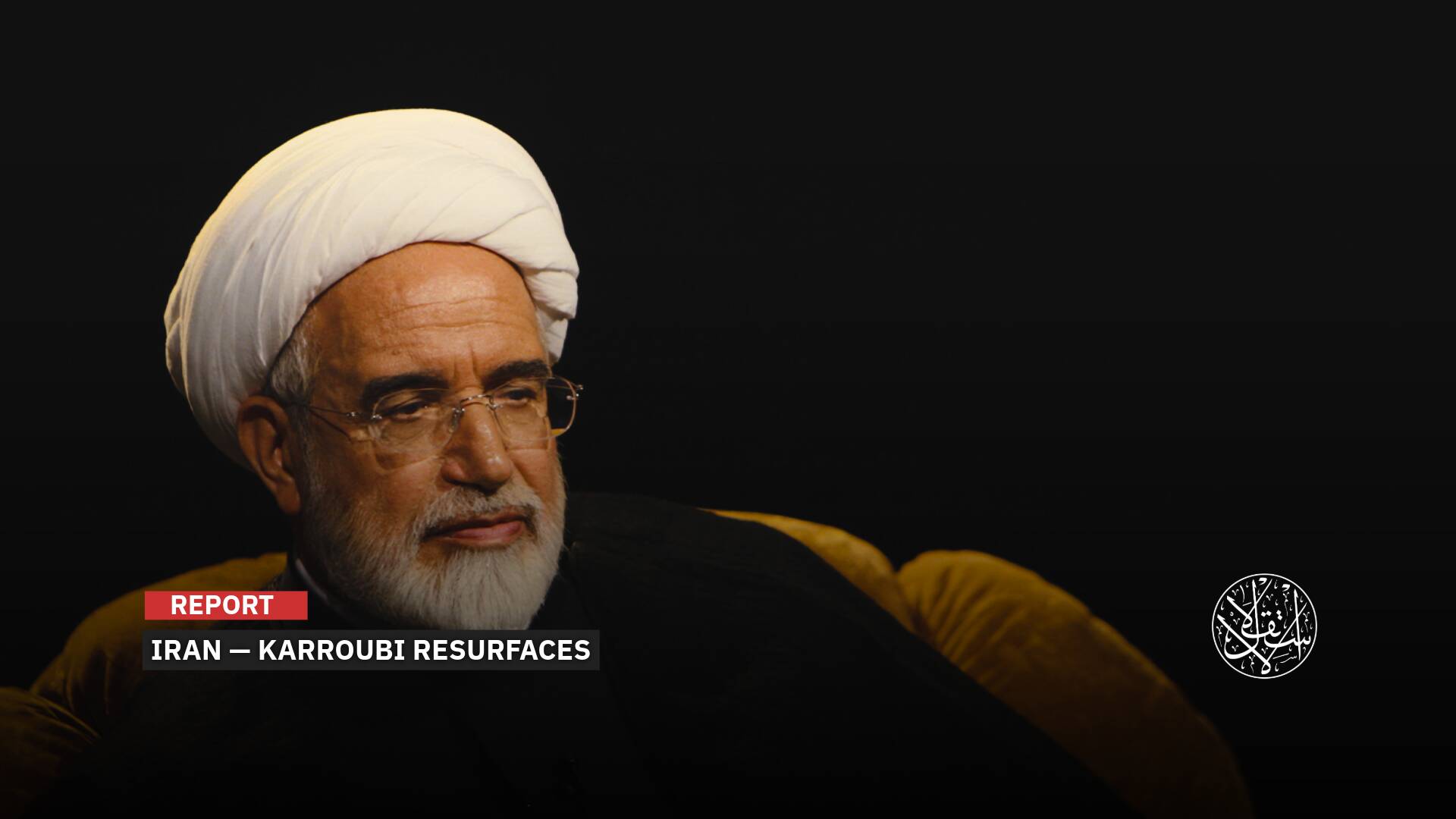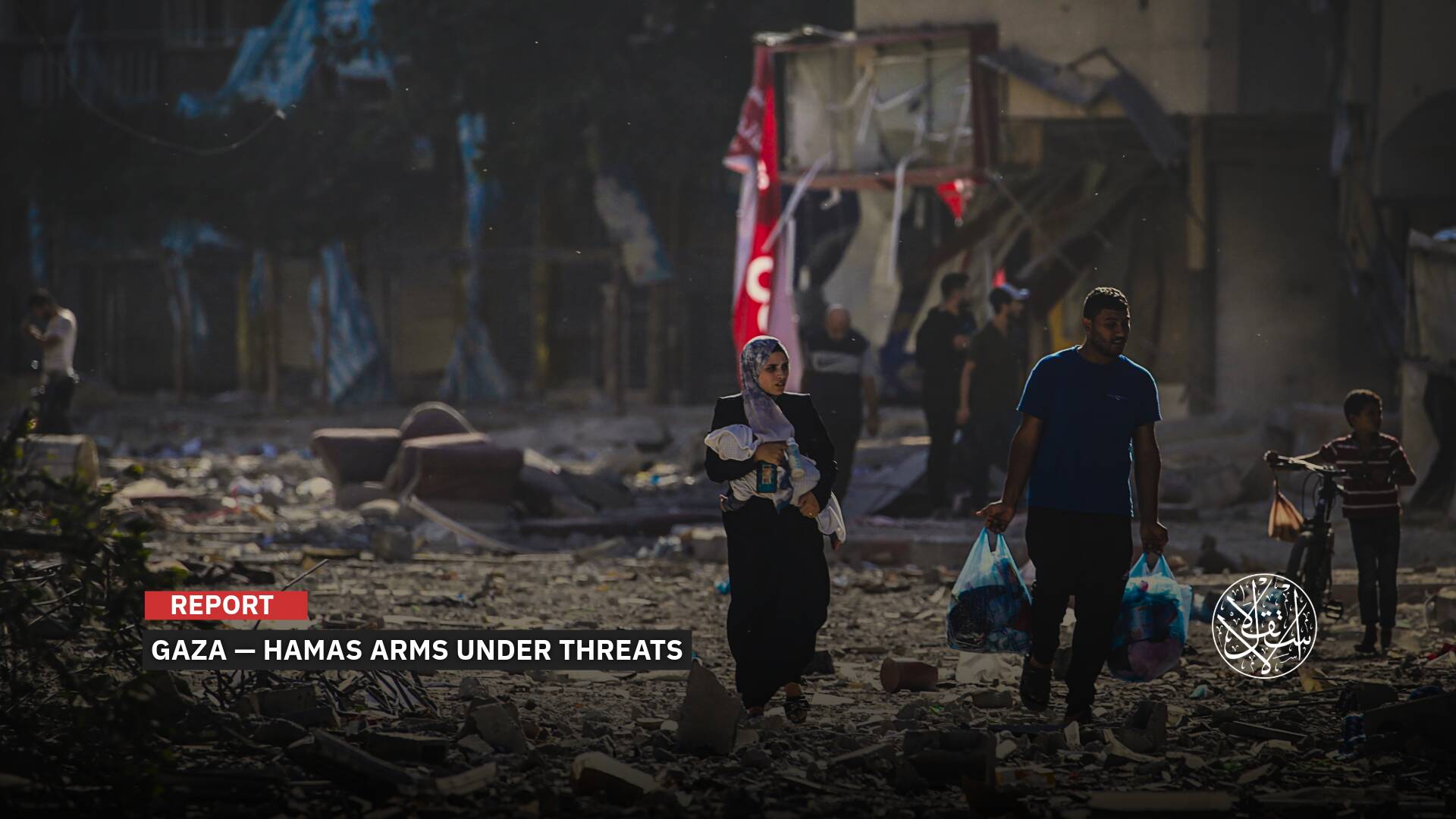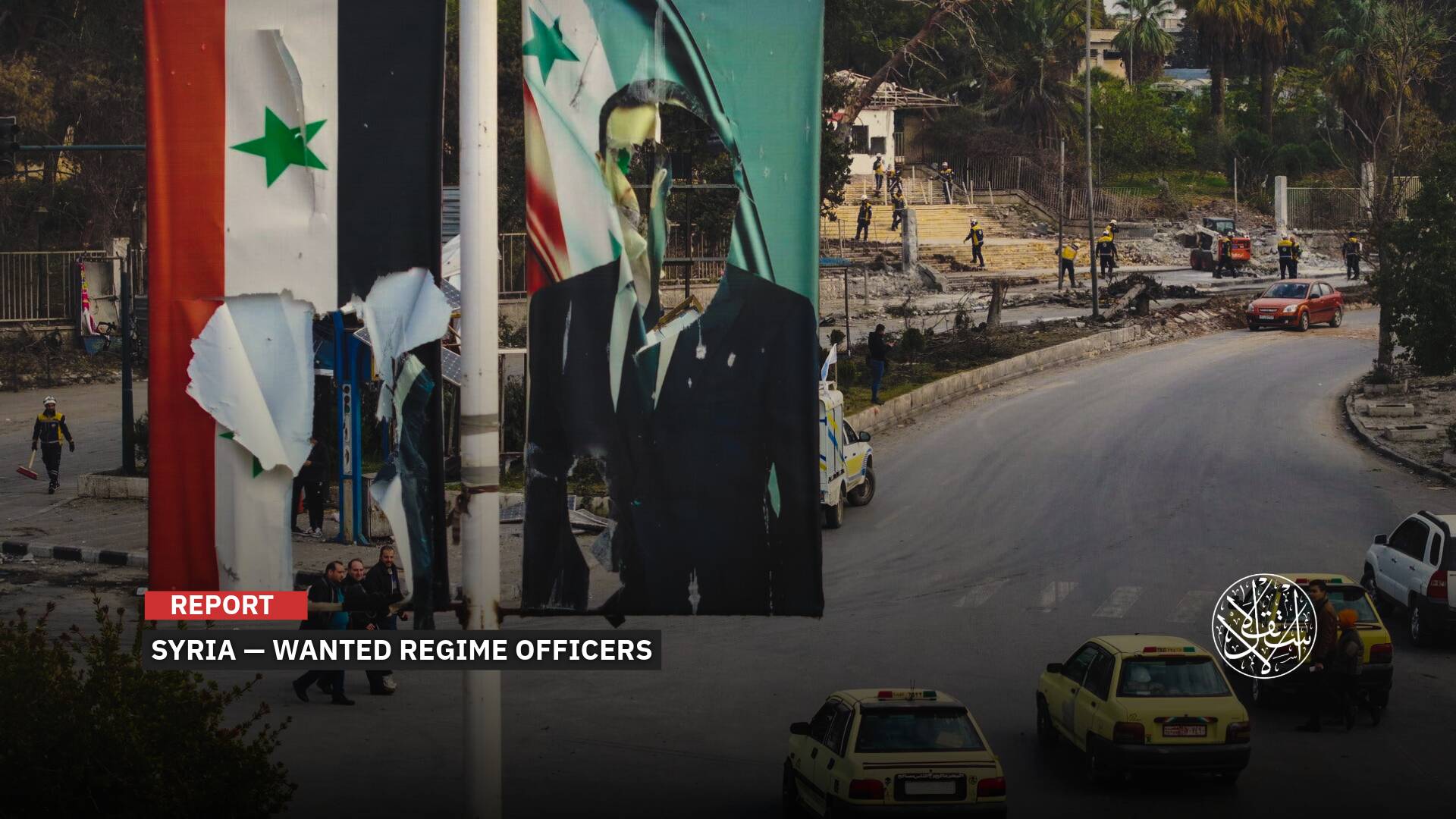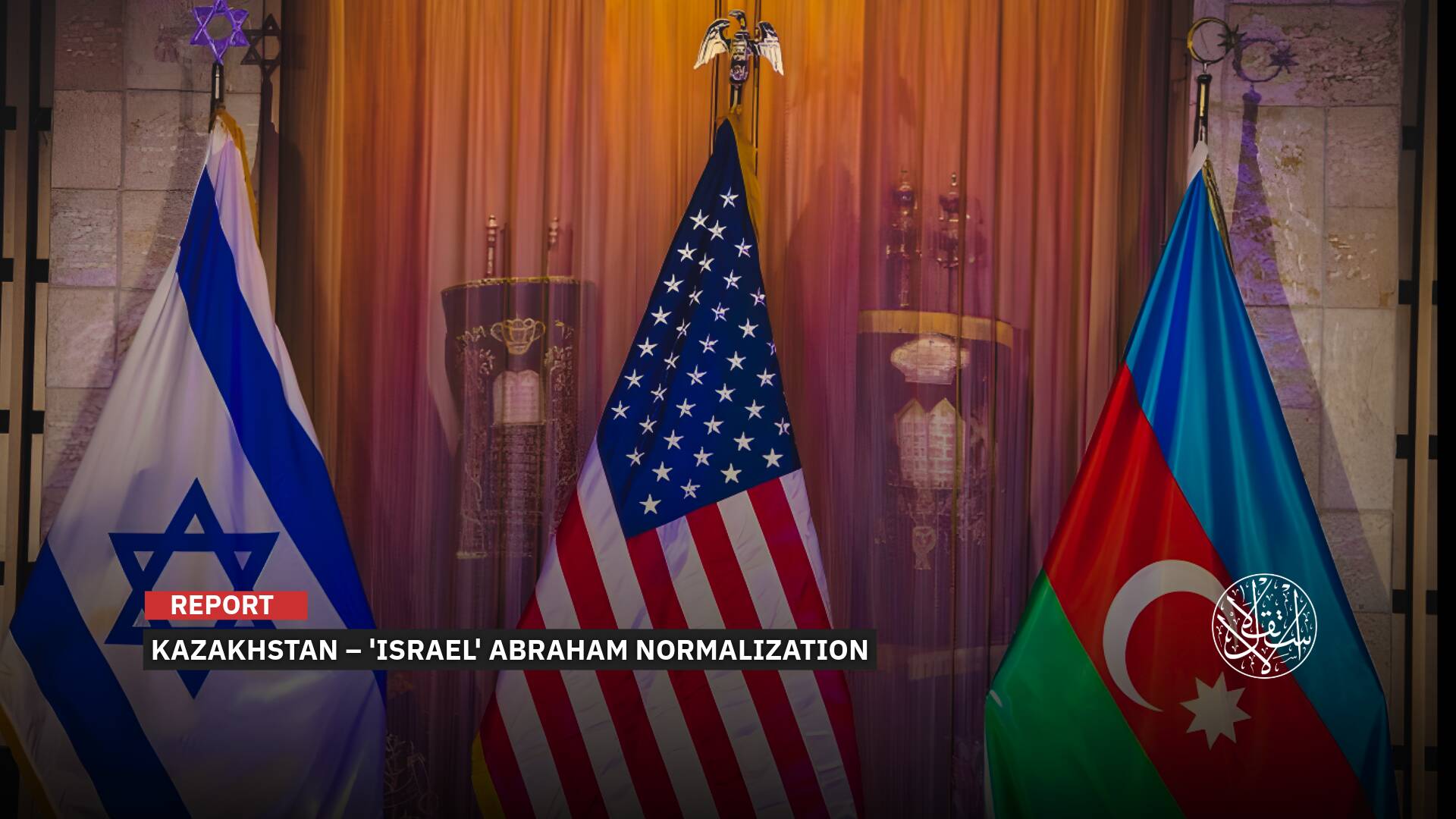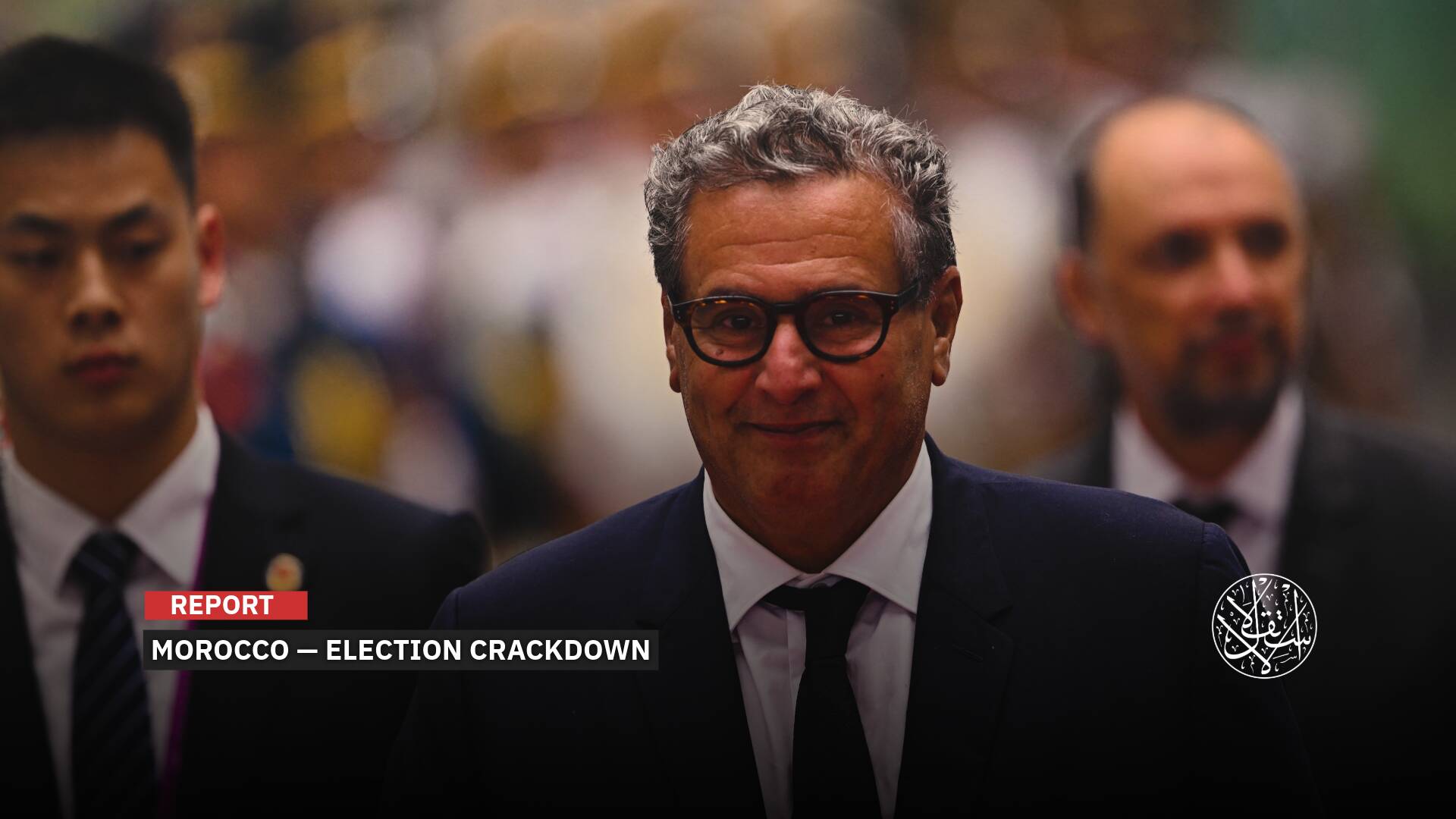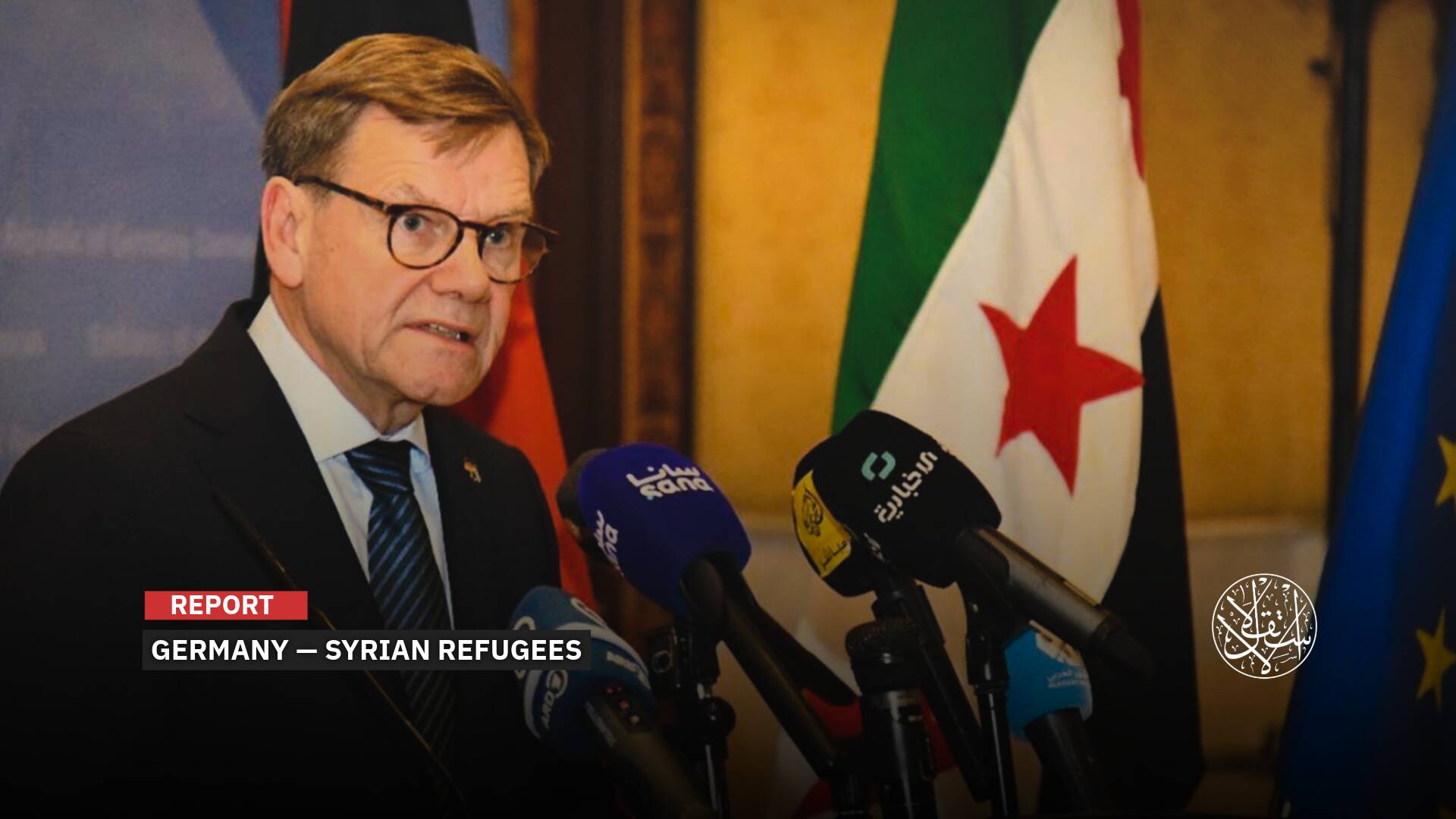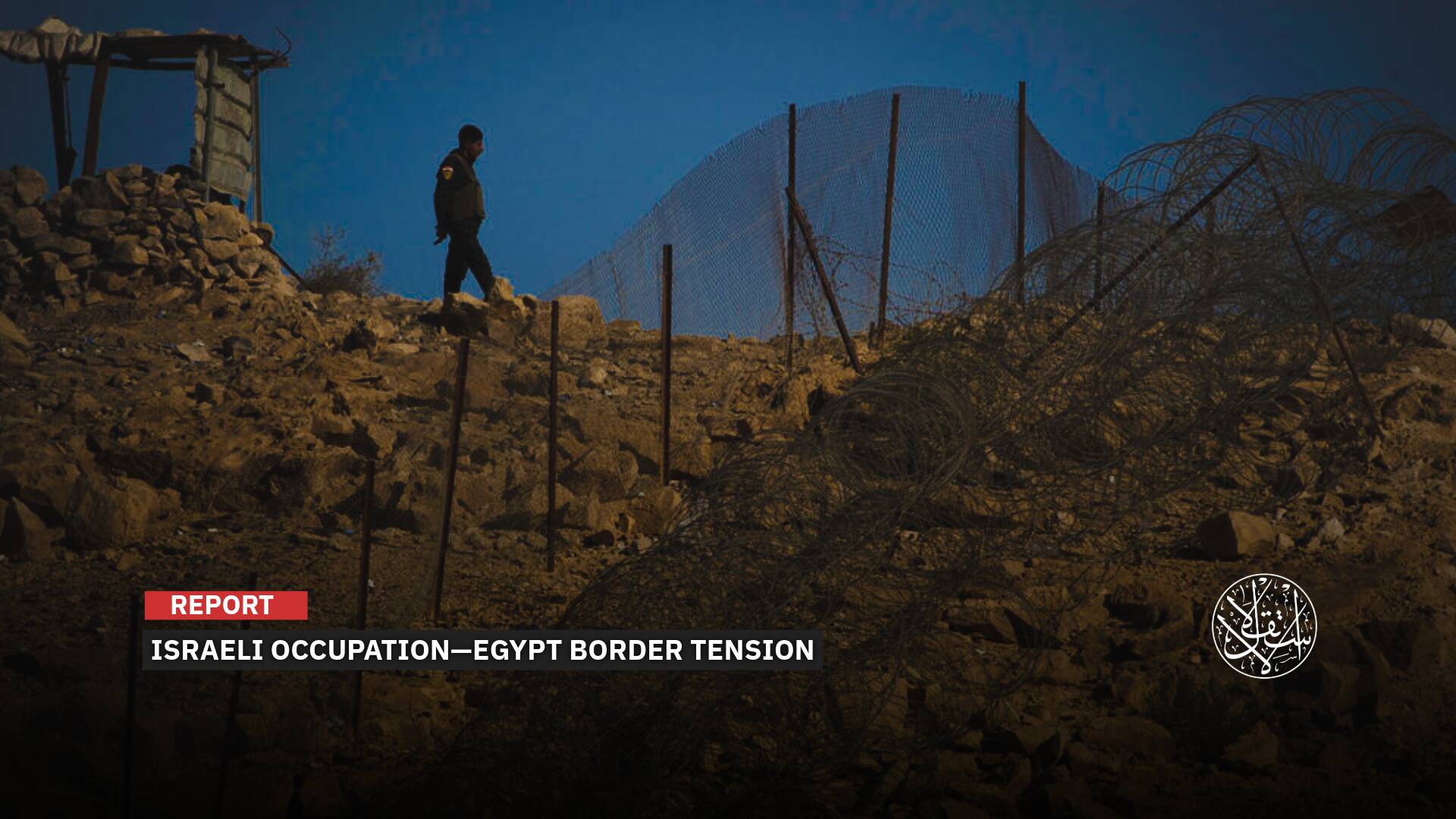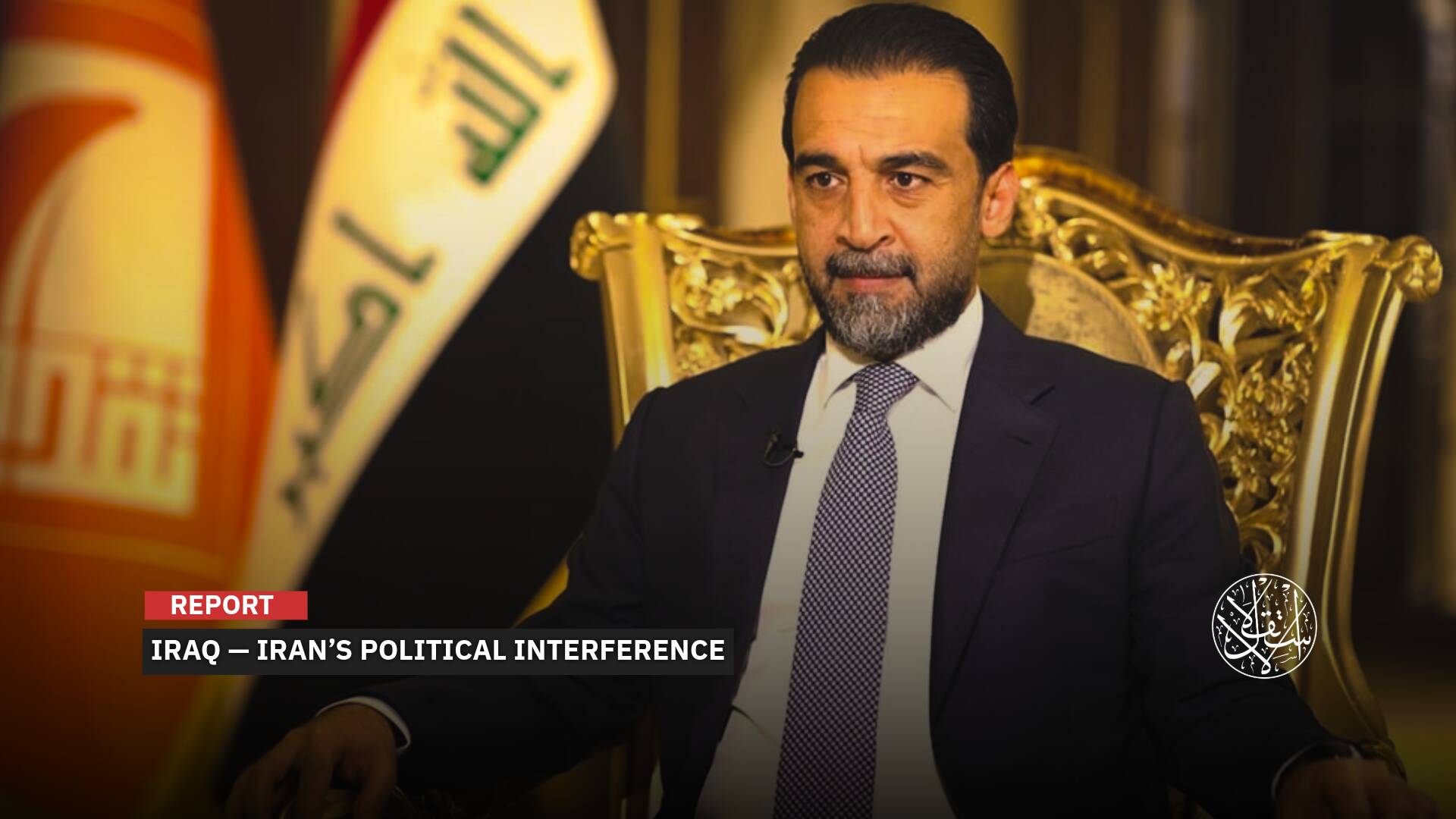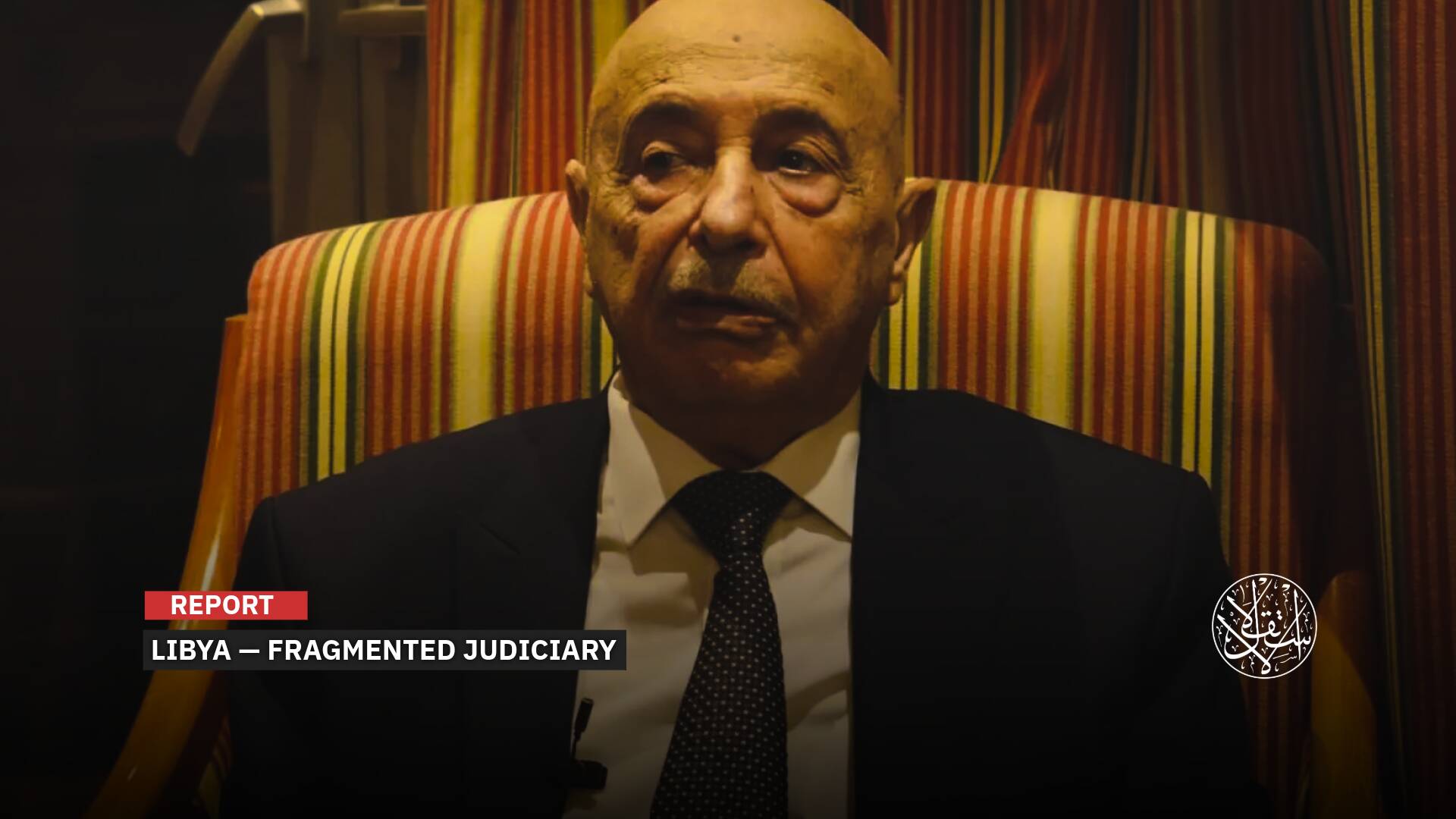In Support of Gaza: What's Behind Iraqi Militias Arming Fighters in Jordan?

An Iraqi official confirmed that the Iraqi authorities reject any violation of the sovereignty of the neighboring country.
In recent times, inquiries have surfaced regarding the motivations driving the atrocities committed by the Rapid Support Forces against the populace of al-Jazirah, situated to the south of the Sudanese capital, Khartoum. These events unfold against the backdrop of sustained clashes with the Sudanese army since April 2023.
From time to time, these Shiite militias declare, under the banner of "Islamic Resistance in Iraq," launching attacks with rockets and drones against the Israeli Occupation in response to the aggression on the Gaza Strip that began on October 7, 2023.
The Islamic Resistance in Iraq primarily comprises five groups: Kata'ib Hezbollah, Asa'ib Ahl al-Haq, Harakat Hezbollah al-Nujaba, Saraya al-Khorasani, and Kata'ib al-Imam Ali, in addition to some smaller factions like Ansar Allah al-Awfiya and Liwa al-Tafuf.
'Arming the Resistance'
One of the latest attempts announced by these militias is the declaration by the Iraqi Hezbollah Brigades on April 2, 2024, that they have equipped, with anti-tank weapons and tactical missiles, "fighters" under the name "Islamic Resistance in Jordan."
The security official for the brigades, Abu Ali al-Askari, stated that "the Islamic Resistance in Iraq has prepared itself to equip the Islamic Resistance in Jordan with what is needed for 12,000 fighters, including light and medium weapons, anti-tank launchers, tactical missiles, millions of ammunitions, and tons of explosives, to be as one hand to defend our Palestinian brothers."
Al-Askari affirmed in a post on his Telegram channel the readiness of "the resistance in Iraq to start preparing," adding, "It suffices to have the endorsement of [Islamic Resistance] Hamas or Islamic Jihad, to start first by cutting off the land route leading to the Israeli Occupation."
During the Gaza aggression, Israeli media reported the establishment of a land route connecting the Gulf states to the Israeli Occupation state through Jordan, sparking widespread Arab anger and Jordanian demands during the protests to halt this bridge.
No official comment has been issued by the Iraqi side regarding what was announced by the militias until April 7. However, the Saudi newspaper Asharq Al-Awsat quoted an Iraqi government official as saying, "What is happening now does not allow any Iraqi party to arm groups outside the country to carry out suspicious movements," confirming that "Iraq rejects any violation of the sovereignty of the neighboring country."
The Iraqi official, whose identity was not disclosed, clarified that "there is no evidence on the ground indicating the possibility of arming groups in Jordan."
On March 28, Deputy Prime Minister and Foreign Minister Fuad Hussein cast doubt on the repeated attacks by the Islamic Resistance in Iraq on military sites deep inside "Israel," indicating that "the Israeli Occupation authorities did not confirm the accuracy of this information."
The Iraqi minister explained in an interview with Voice of America (VOA) that she has read the statements issued, but the other side did not say whether they are true or not, and that he does not know if these statements are for domestic consumption or if they are true.
He also said the use of weapons inside Iraq requires a decision from the Commander-in-Chief of the Armed Forces, and no one should make a decision on their own to wage war on this or that side, stressing that the decision of war is issued exclusively by the Iraqi Parliament, not a personal decision.
Attempts at Infiltration
While there has been no official comment from the Jordanian side, The Independent reported that the Jordanian government rejected weeks ago the entry of Iraqi figures affiliated with Iranian-backed political currents into Jordan as part of relief convoys donated by Iraqis to the devastated Gaza Strip.
The newspaper noted on April 2 that the government has sensed serious attempts to penetrate Jordanian sovereignty through the guise of aid, and authorities conveyed to their Iraqi counterparts the necessity for any aid to pass through Jordanian territories to the responsible entities, namely the Hashemite Charity Foundation and other official channels.
In contrast, al-Akhbar newspaper affiliated with Hezbollah published a report on April 3, quoting sources in the Iraqi Resistance as saying that "a channel of communication was opened with the Jordanian resistance, supplying it with weapons and training some of its fighters, done through various stages.
"But the interest in it began after Operation al-Aqsa Flood, starting from the necessity of opening new fronts to support the resistance movements inside Palestine against the Israeli Occupation."
The sources indicated that "the Iraqi resistance was in continuous communication with its Palestinian counterpart throughout the Gaza war to determine the most important strategies of support and backing, which may include arming and other military necessities, as well as targeting Israeli installations."
However, the former Jordanian parliamentarian, Hayel Wadaan al-Daajah, downplayed the significance of all this information, especially the recent statement by the Iraqi Hezbollah Brigades about its readiness to arm the resistance in Jordan.
Al-Daajah explained to Al-Estiklal that "there is no such thing as resistance in Jordan in the first place, so how can we respond or comment on something that does not exist at all?"
The former Jordanian parliamentarian pointed out that "what distinguishes Jordan from other countries in the region is the absence of such labels related to resistance, armed organizations, or others."

Pressure Escalation
Meanwhile, Iraqi affairs researcher Ali al-Masari stated, "The rhetoric of the Iraqi Hezbollah Brigades is nothing more than a media show aimed at escalating pressure on the Jordanian authorities in front of the crowds filling the streets and surrounding the embassy of the Israeli Occupation."
Al-Masari explained to Al-Estiklal that "what these militias, specifically Abu Ali al-Askari, declare is something we are accustomed to in terms of exaggerations and lies. They know that it is difficult for them to even enter a needle into Jordan, so how can they bring in all this quantity of equipment and weapons?"
This wasn't the first attempt by Iranian-backed militias to enter Jordan.
Thousands of Popular Mobilization Forces members gathered on the Iraqi-Jordanian border after October 7, demanding passage to "Israel."
In light of this, several prominent figures called for mobilizing Jordanian tribes to confront the Iraqi mobilization. Mazen al-Qadi, former Jordanian Interior Minister and also a Jordanian tribal leader, saw the forced entry of the Shia militias without Jordanian consent as unacceptable to Jordanians.
Al-Qadi, who also served as the director of the Jordanian General Security Directorate, emphasized during an interview with Jordanian state television on November 3, 2023, that "Jordan, as a country, does not accept such actions from its citizens or its institutions."
He hinted that if the Shia militias insisted on forcibly entering through the border crossing, they would be met by a mobilization of Jordanian tribal members.
The former minister pointed out that "such groups, in the opinion of the Jordanian people, are responsible for much of the devastation that has plagued Iraq and Syria, and therefore, Jordanians are not required to accept any encroachment on the security of their homeland."

In the same context, former Jordanian government spokesperson Mohammad al-Momani warned the Iraqi Popular Mobilization Forces that Jordan would be a "graveyard" for them if they attempted to enter.
According to a video circulating on social media during a pro-Palestinian demonstration on November 5, al-Momani stated: "We say it loudly and clearly: we will not allow our Jordanian borders to be violated. To the Popular Mobilization Forces on our Iraqi borders, we say, approach them, and Jordan will be your graveyard."
According to the London-based newspaper Rai al-Youm, Jordanian parliamentarian Khalil Atiya publicly demanded on November 6, 2023, that the Shia militia and any Iraqi citizens attempting to enter via Jordan should join the resistance activities in their own country through Syria or Lebanon.
Sources
- Iraqi official: We will not allow any party to violate Jordan's sovereignty [arabic]
- The Iraqi Hezbollah Brigades pledges to arm the “resistance in Jordan” and international and regional discussions are held regarding developments in the truce between Israel and Hamas. [Arabic]
- Jordan is monitoring the movements of Iraqi militias loyal to Tehran [Arabic]
- Despite their presence in Syria and Lebanon, why are Iran's allies in Iraq gathering on the Jordanian border? [Arabic]
- The Iraqi resistance expands support: The Jordanian front is not dead [Arabic]


